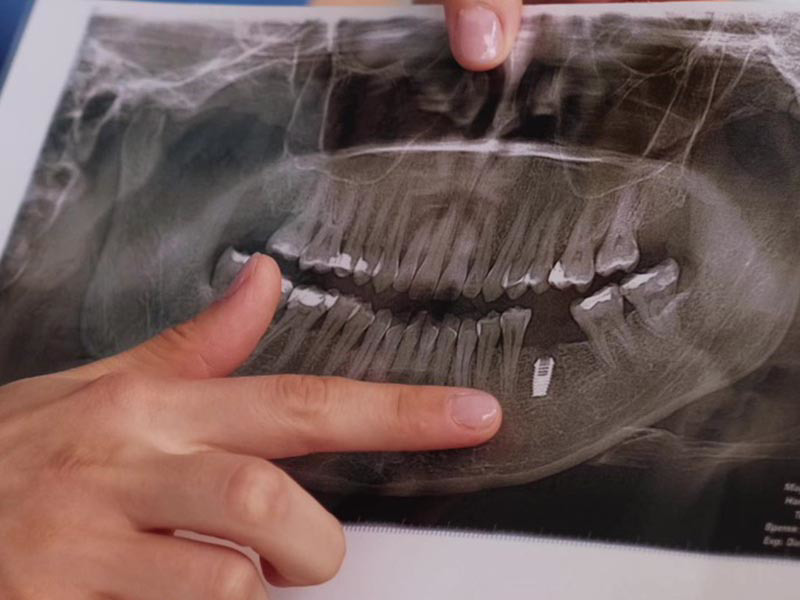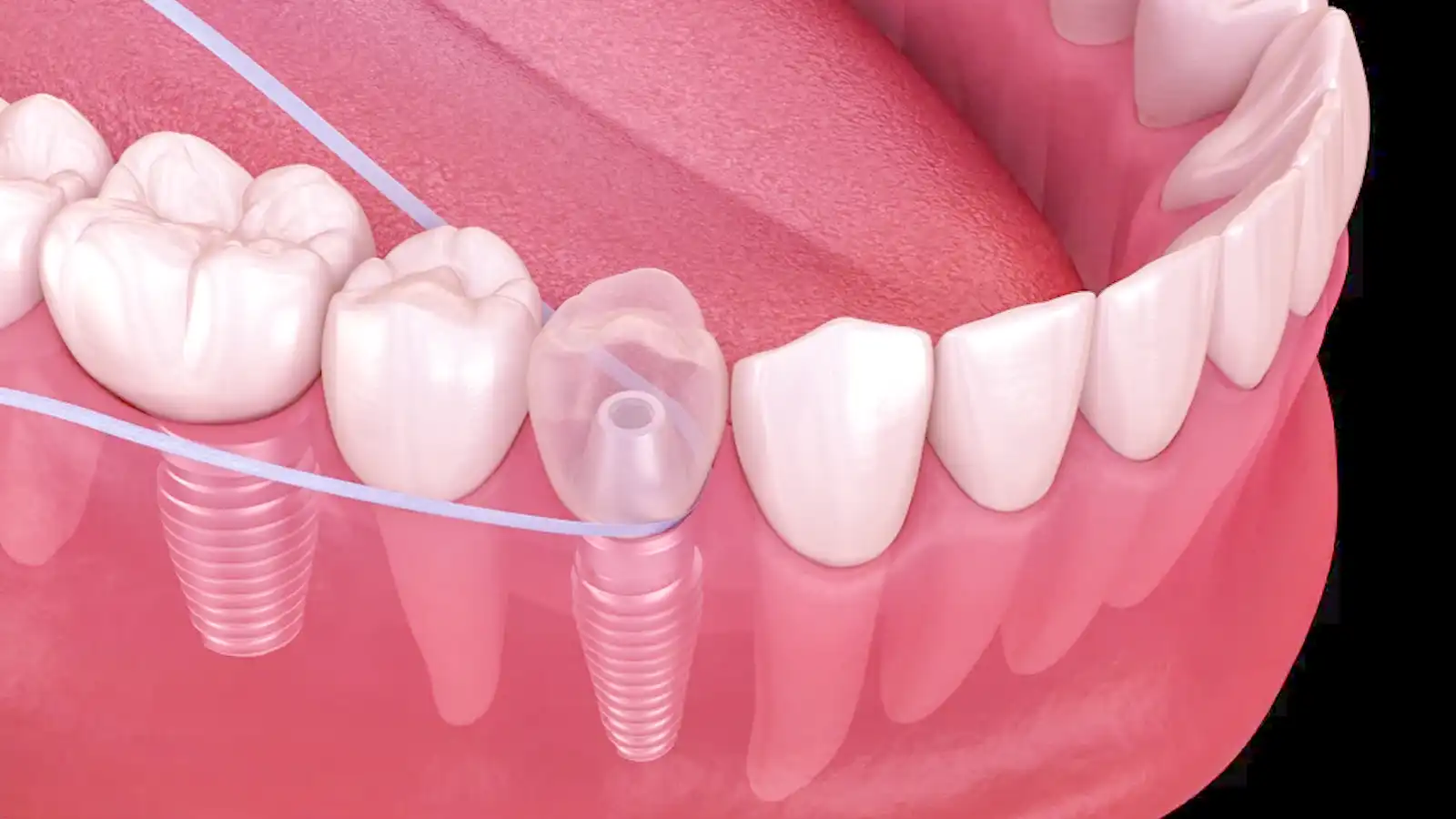How Long Do Dental Implants Typically Last?
There is no lifespan for dental implants. Like many restorations in the mouth, the lifespan is directly related to the patient's oral care habits. There are patients who have not experienced any loss in the years following the application of the first implants. The most important element is that the dental implant surgery is performed by an experienced oral surgeon. The implant brand used is also important. In our clinic, we prefer Strauman Group implants, the world's most well-known dental implant company. Strauman Group, the most reliable company in the dental implant market, has been the most reliable implant company for many years.
Dental implants have no fixed lifespan, as their longevity is directly tied to the patient’s oral care habits. With proper care, some patients have maintained their first implants for decades without experiencing any complications. The critical factor is ensuring the implant surgery is performed by an experienced oral surgeon. The choice of implant brand also plays a vital role. Our clinic uses Straumann Group implants, which are recognized globally as the leading and most trusted name in dental implants. Straumann’s reputation for reliability has been built over many years, making it a top choice for long-lasting results.
Ways to Extend the Lifespan of Your Dental Implants
The basic rule for using your implants without any problems for many years is to remember that they require maintenance like our natural teeth and not to skip regular dentist check-ups twice a year. With the increase in the frequency of implant applications, it is now quite easy to find a wide variety of oral care products for the care of implants. Among these, especially mouthwashes should be indispensable for preventing problems that may arise by facilitating plaque control. In addition, interdental brushes are also very useful in ensuring hygiene.
To ensure your implants last for many years, treating them with the same level of care as natural teeth is important. Regular check-ups with your dentist, ideally twice a year, are essential. With the rise in implant applications, a wide range of oral care products designed specifically for implants is now readily available. Mouthwashes are necessary for controlling plaque and preventing potential issues. Interdental brushes are also highly effective in maintaining proper hygiene between the implants and surrounding teeth.
Proper Oral Care for Maintaining Dental Implants
Many patients do not think that dental implants require the same care as natural teeth, and this is a huge mistake. The health of dental implants is directly related to the health of the gums and bone surrounding them. In addition to regular tooth brushing, it is very important to keep prosthetic restorations clean with an oral irrigator and toothbrush.
A common misconception is that dental implants do not require the same care as natural teeth, but this is untrue. The health of dental implants depends on the health of the surrounding gums and bone. In addition to regular brushing, it’s crucial to clean prosthetic restorations with an oral irrigator and a suitable toothbrush. Neglecting proper care can lead to gum disease and bone loss, which can compromise the stability of your implants.
Post-Implant Care: What You Need to Know
First of all, it should not be forgotten that implants need to be cleaned like our teeth. In cases where brushing is not sufficient, the use of specially produced mouthwashes for these procedures will make post implant care much easier.
After implant surgery, it’s vital to remember that implants require daily cleaning, just like natural teeth. In cases where brushing alone isn’t enough, specially formulated mouthwashes designed for implant care can make post-surgery maintenance much easier and more effective. Taking these steps will help ensure the long-term success of your dental implants and preserve your smile for years to come.
Related Treatments

Dental Implants
Implants are objects consisting of titanium in the form of root screws that are placed in the slots in the jaw bones if you are missing one or more teeth in the oral and dental structure.



